Supply bottleneck
On May 19, the Ministry of Construction held a conference to deploy the Project on investing in the construction of at least 1 million social housing apartments (CH) for low-income people and industrial park workers in the period of 2021 - 2030 (Project). According to the Ministry of Construction, the implementation of social housing policies has revealed some shortcomings in the planning of land allocation for social housing development; mechanisms and policies to encourage the development of social housing, worker housing (NOCN)... The Ministry of Construction has submitted and the Prime Minister has issued a Project identifying the development of social housing for low-income people and industrial park workers as one of the key tasks in the country's socio-economic development. The goal is to strive for a total of about 1 million CHs in localities by 2030.
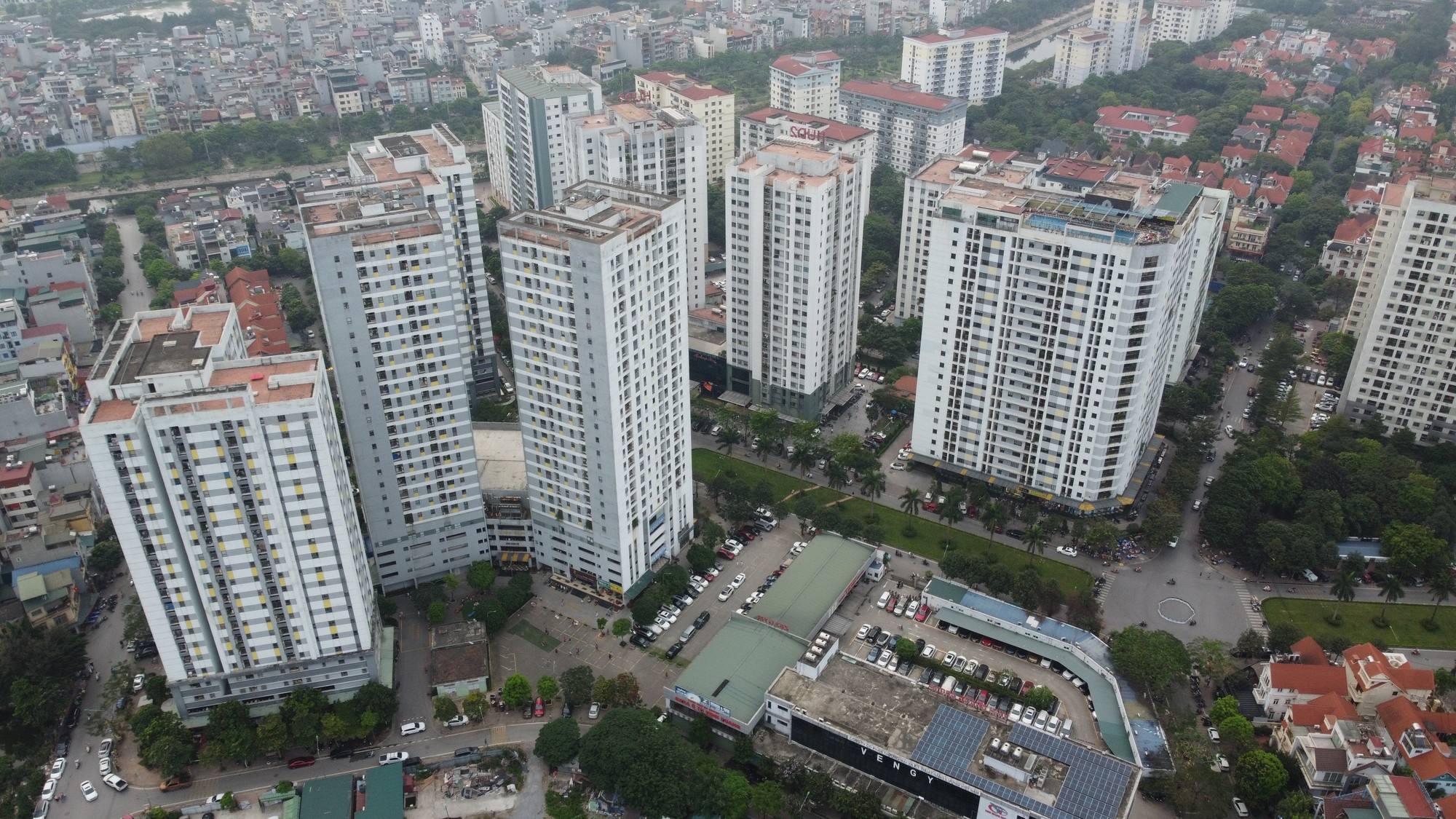
The supply of social housing is scarce, so the preferential credit package of 120,000 billion VND has not generated any outstanding debt.
Of which, the 2021 - 2025 phase will complete about 428,000 CH; the 2025 - 2030 phase will complete about 634,200 CH. At the same time, assign specific social housing completion targets to localities in each phase (2022 - 2025 and 2025 - 2030). To successfully implement the Project, it is necessary to identify difficulties and obstacles to find solutions, "find the right disease to find the right medicine to cure".
At the conference, Mr. Nguyen Xuan Bac, Deputy Director of the State Bank's Department of Credit for Economic Sectors, said that the Government has approved a VND120,000 billion credit package, providing preferential loans for investors and buyers of social housing and industrial housing, but after 2 months of implementation, it has not been able to disburse. To date, the State Bank has not received a list of projects according to the Ministry of Construction's instructions, so there has been no outstanding debt under the VND120,000 billion loan program.
According to Mr. Bac, the current regulations on conditions for purchasing social housing are also facing many complaints such as: the conditions on residence and the conditions on income that are not subject to personal income tax are no longer suitable in the context of increasing housing prices. These difficulties and problems will also be the main causes, affecting the ability to absorb the 120,000 billion VND credit program.
To put the 120,000 billion VND package into practice, the representative of the State Bank requested ministries and branches to review and amend relevant legal documents to remove legal obstacles, procedures and processes in investment and construction of social housing and industrial housing, increase the supply of this real estate segment to the market, and meet the real needs of the people. The People's Committees of provinces and cities need to pay attention and arrange land funds for social housing development; promptly announce the list of projects so that beneficiaries have access to loans at commercial banks; and step up propaganda to investors of social housing and industrial housing projects as well as local people about the 120,000 billion VND loan program.
Meanwhile, the Ministry of Natural Resources and Environment pointed out that the reason for the lack of social housing is that 20% of the land fund in new urban areas and commercial housing projects has not been thoroughly implemented or not used for the right purpose. The lack of land fund for investment in building social housing in favorable locations in large cities and industrial parks is still common. Many provincial People's Committees have not really paid attention to the land fund for social housing development, so it is necessary to attach leadership responsibility to this issue. Currently, the draft revised Land Law stipulates that social housing projects are cases where the state recovers land for development, for the national interest, and are exempted from land use fees. In cases where land use fees are exempted, there is no need to carry out auction procedures, calculate land use fees... so it will be much more convenient.
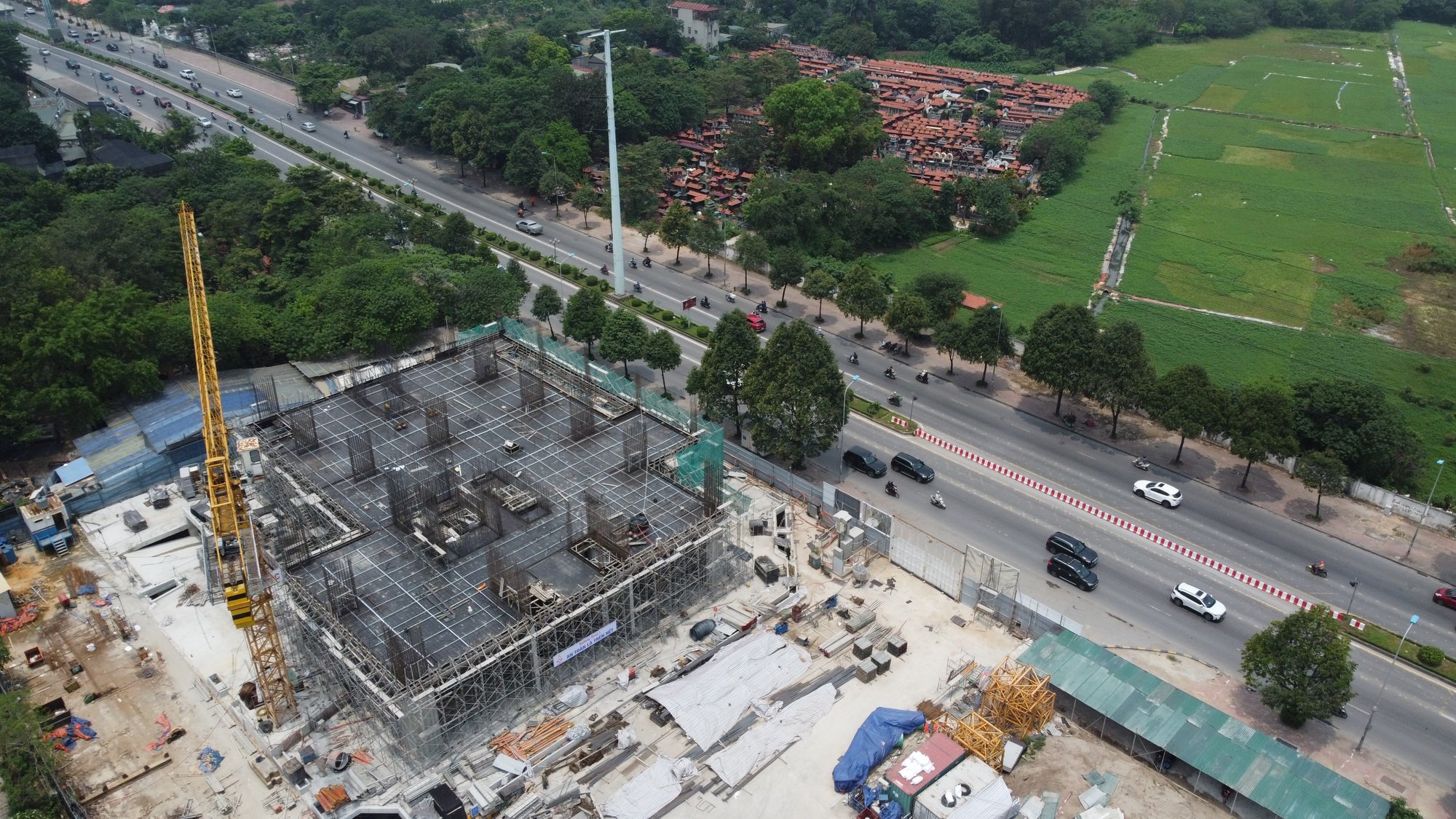
The supply of social housing in Hanoi is scarce, so the social housing project called NHS Trung Van in Nam Tu Liem District has thousands of applications to buy, requiring people to queue up.
Local people complain about many difficulties.
At the conference, Mr. Tran Hoang Quan, Director of the Department of Construction of Ho Chi Minh City, said that the development of social housing in the city still has many problems such as complicated investment procedures; procedures for approving detailed planning at a scale of 1/500, land allocation, and land use fee calculation. In addition, in addition to implementing procedures for exemption from land use fees and deposits like commercial housing, social housing projects must carry out additional procedures such as appraisal of selling prices, confirmation of purchasers, hire-purchasers, cost audits to determine standard profits... In commercial housing projects and urban areas that reserve 20% of the land fund for social housing construction, there are no regulations guiding the determination of site clearance compensation costs, infrastructure investment costs, and the allocation of these costs to the land fund for social housing construction...
Binh Dinh is about to have apartments priced from only 500 million VND
On the morning of May 19, the People's Committee of Binh Dinh province held a groundbreaking ceremony for a housing project in the planned Trade Union Institutional Area. Attending the groundbreaking ceremony were Ms. Truong Thi Mai, Politburo member, Permanent Secretary of the Secretariat, Head of the Central Organization Committee, and leaders of the Central Committee and Binh Dinh province.
The housing project in the Binh Dinh Provincial Trade Union Institutional Area is the only project developed by the Vietnam General Confederation of Labor in Binh Dinh, with IEC Construction and Electromechanical Investment Joint Stock Company as the investor; built in Long Van Urban Area, Tran Quang Dieu Ward (Quy Nhon City) with a total area of 37,617 m², with a total investment of more than 1,100 billion VND. The project's objective is to build a housing area exclusively for workers, union members, and laborers working in industrial zones. The project was formed under the project "Investing in the construction of trade union institutions in industrial zones and export processing zones" approved by the Prime Minister and implemented by the Vietnam General Confederation of Labor.
The project includes 4 high-rise blocks with 1,500 apartments, the area of the apartments is flexibly designed from 50 - 70 m², with corresponding selling prices from 500 - 700 million VND/apartment. It is expected that the first apartments will be handed over in the fourth quarter of 2024.
Mr. Pham Anh Tuan, Chairman of Binh Dinh Provincial People's Committee, added: "In the coming time, the province will continue to implement social housing projects according to plan, especially housing for workers; determined to invest in building about 12,900 social housing units in the period up to 2025, 5 years ahead of schedule assigned by the Prime Minister to Binh Dinh province in the Project on investing in building at least 1 million social housing units for low-income people and industrial park workers in the period 2021 - 2030 approved on April 3, 2023".
Thanh Quan
According to Mr. Quan, the work of compensation and site clearance at some social housing projects is very difficult and prolonged, the progress of project implementation is slow, or even impossible. Long-term capital with preferential interest rates to support investors to borrow to invest in social housing projects, and to lend to beneficiaries of social housing policies to buy houses is not stable, not timely, and the procedures are very complicated, making it difficult to meet the criteria. The procedures for adjusting zoning plans at a scale of 1/2000 and detailed plans at 1/500 are very difficult and prolonged. The State has not yet had a mechanism to mobilize resources from subjects in need of social housing to form investment capital for social housing construction through banks, credit funds or housing savings fund models...
Regarding solutions, Mr. Quan said that Ho Chi Minh City has implemented a review and planning of land use plans, ensuring sufficient land funds for implementing social housing and industrial housing projects according to the provisions of law; publicly introducing social housing investment land funds to enterprises for research and investment proposals. The city has also issued specific solutions, shortening administrative procedures for land allocation, land lease, and conversion of rice-growing land and some other types of land (not residential land) to the purpose of implementing social housing investment projects.
Mr. Duong Duc Tuan, Vice Chairman of Hanoi People's Committee, said that Hanoi City has set a target of developing about 1.2 million square meters of new housing floor space by 2025, and is preparing to invest in a number of concentrated social housing areas. Mr. Tuan reflected that the mandatory regulation on allocating land for social housing development still has many shortcomings. For example, projects located far from the center of Hanoi such as Ba Vi, Ung Hoa, My Duc... are not suitable for social housing. Or commercial housing projects with a scale of over 2 hectares that still have to allocate 20% of the land fund for social housing are not suitable and fragmented. However, if you do not want to allocate, you still have to report to the Prime Minister for consideration to pay land use fees instead of building houses, leading to unnecessarily lengthy procedures. Hanoi hopes to proactively arrange alternative land funds for social housing construction for these projects in concentrated social housing areas. At the same time, Hanoi City is authorized to adjust the planning of industrial parks and export processing zones to supplement land funds for building social housing for rent.
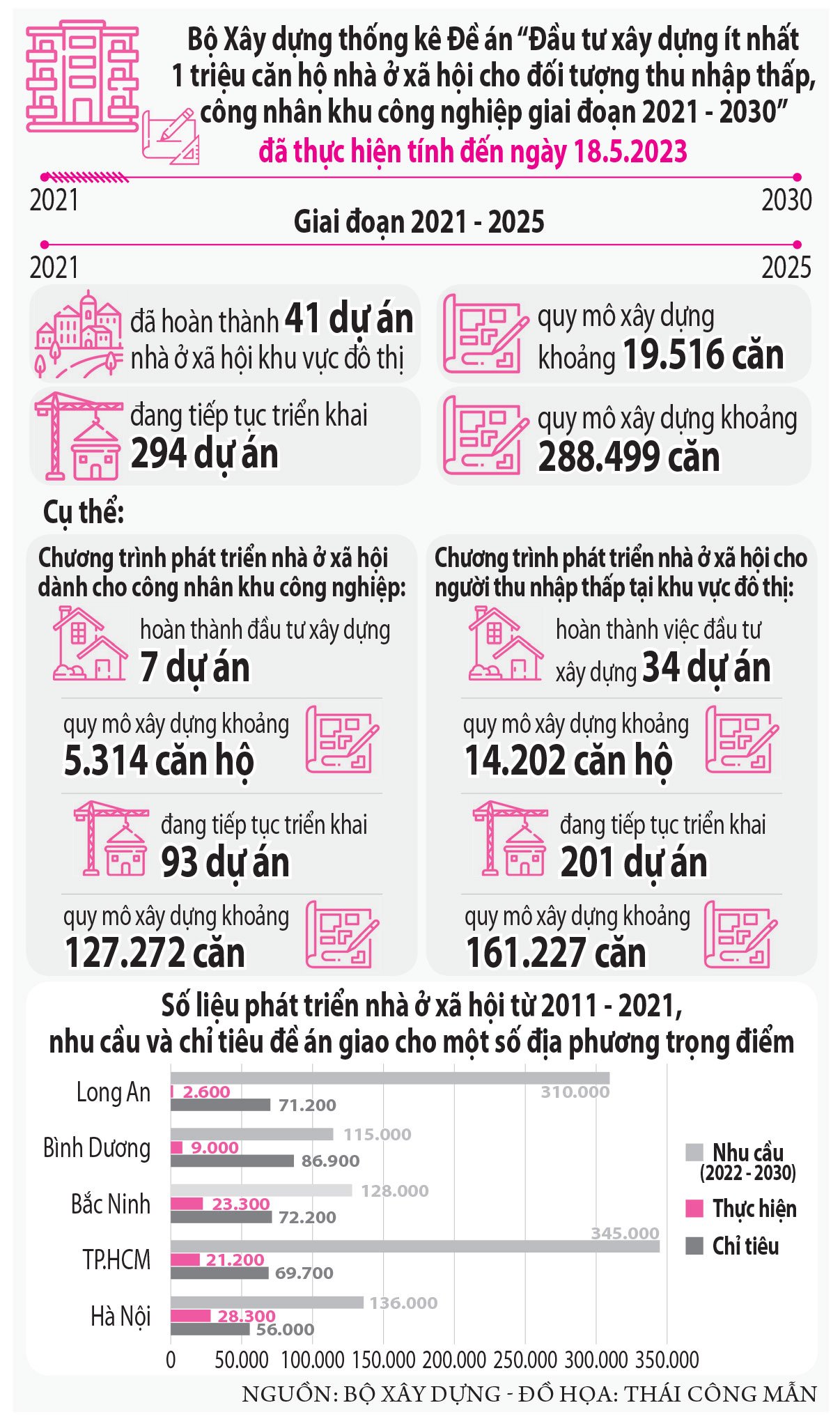
Not yet achieved, unattractive incentives
Minister of Construction Nguyen Thanh Nghi admitted that in the past, the goal of developing social housing has not been achieved compared to the target. The policy mechanism regulating the development of social housing has some contents that have not met the requirements, have not kept up with reality, and have not been supplemented in a timely manner. The procedures for investment and construction, management of purchase and sale, and purchase and sale policies are carried out through many steps and stages, and have been prolonged. Incentive policies for investors are not attractive enough, the state budget is still facing difficulties in arranging preferential loans, and localities need to pay more attention. The Ministry is drafting a resolution on social housing to submit to the Government and the Secretariat for promulgation in order to strengthen the Party's leadership in housing development for low-income people and workers.
Localities need to pay more attention to social housing
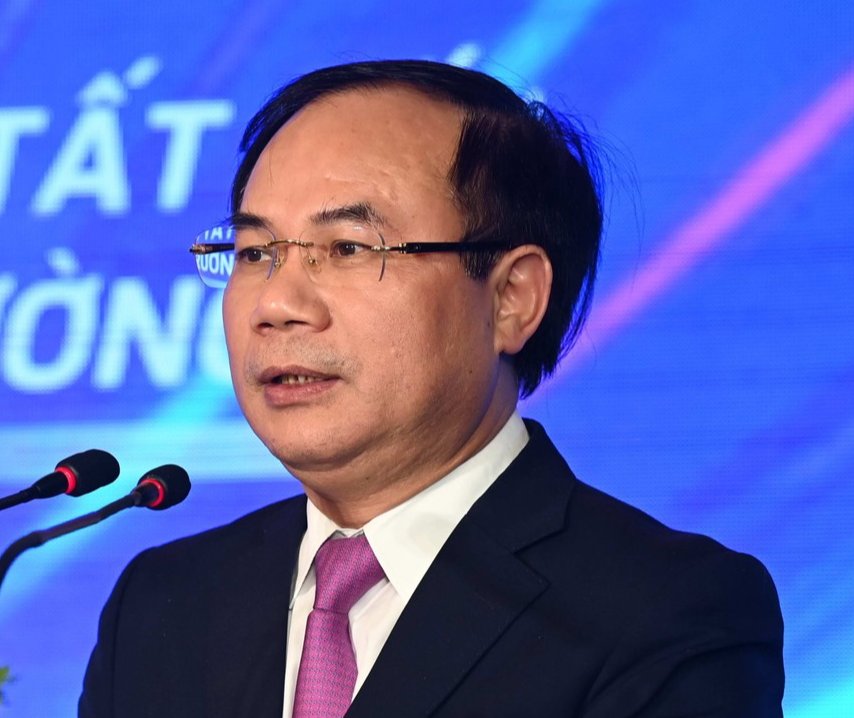
Localities need to have specific mechanisms and solutions to shorten administrative procedures for project establishment, approval, land allocation, land lease, site clearance, construction investment procedures, etc. Balance and allocate local budgets to encourage and provide additional incentives to support, encourage and attract businesses to invest in social housing construction. In addition, localities need to review and coordinate with relevant ministries and branches to resolve projects that have encountered legal problems in the recent period in order to free up these resources, especially projects that have clean land and can immediately move to the construction phase, creating supply for the market.
Deputy Minister of Construction Nguyen Van Sinh
There are no instructions on how to use money to pay social housing obligations.
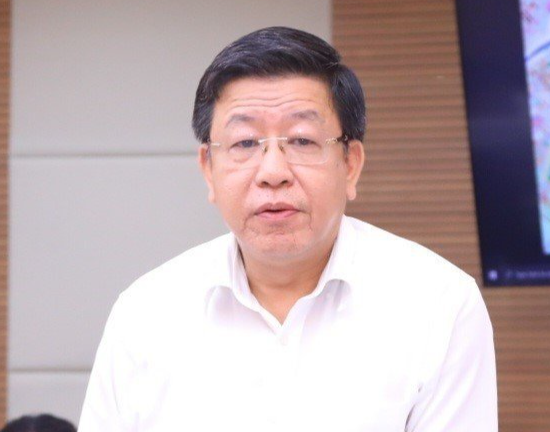
The law does not yet provide guidance on the use of funds collected from commercial projects that fulfill their obligations to develop social housing by paying money. Therefore, central ministries and branches need to soon issue guidance on the management and use of this money. There should be a process to shorten the time for selecting investors for housing projects in general and social housing construction investment projects in particular. In cases where investors are selected through bidding, there should be separate bidding procedures (simplified, shortened procedures, and implementation time) for the social housing type.
Mr. Duong Duc Tuan, Vice Chairman of Hanoi People's Committee
Many shortcomings in developing social housing
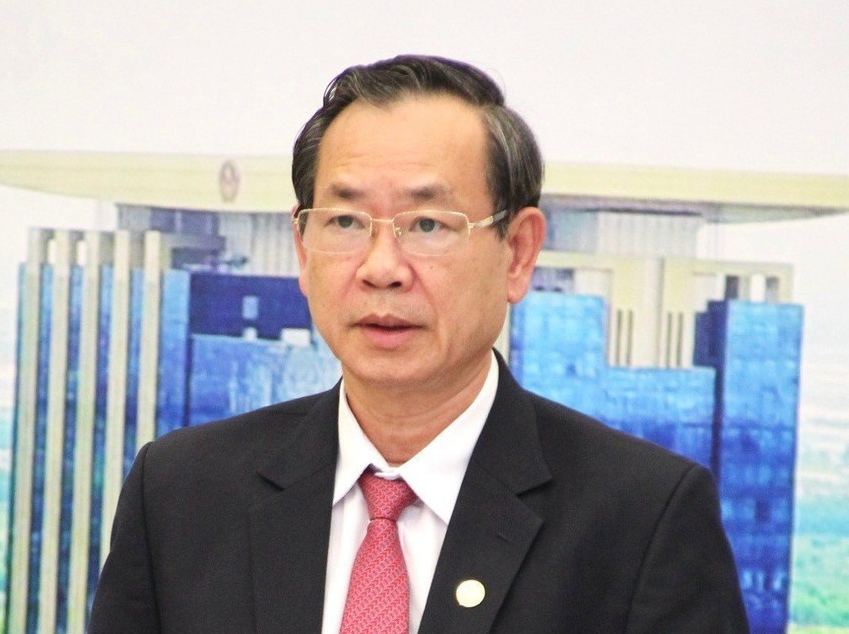
The demand for social housing and housing for local workers is very large, but the mechanism for developing this type of housing still has many shortcomings such as a narrow range of beneficiaries, complicated procedures for buying and selling social housing. Determining the price of social housing before selling, leasing, or leasing for projects invested with state budget capital must be appraised by provincial agencies, which is also lengthy and costly. Mobilizing capital for social housing projects faces many difficulties due to limited government support capital, and difficult mechanisms for social housing project investors to access...
Mr. Nguyen Van Danh, Vice Chairman of Binh Duong Provincial People's Committee
According to Deputy Minister of Construction Nguyen Van Sinh, the Ministry has completed the draft revised Housing Law, which has been approved by the Government and will be submitted to the National Assembly at the 5th session of the 15th National Assembly. Accordingly, the Ministry of Construction has proposed that the Government submit to the National Assembly to allow social housing policies to take effect soon after the revised Housing Law takes effect (expected from January 1, 2024), including a group of policies on: beneficiaries and conditions; planning and land allocation for social housing development; selection of investors; procedures for project implementation; preferential policies of the State, etc. At the same time, there will be separate policies on workers' accommodation and housing for armed forces to have mechanisms to encourage and provide incentives for development.
"In the coming time, ministries and branches will continue to coordinate with agencies of the National Assembly to complete and promulgate the amended Housing Law in line with the amended Land Law, the amended Bidding Law, the tax law, etc. Report to the Prime Minister to submit to the National Assembly Standing Committee for consideration and supplementation of the medium-term public investment plan for the period 2021 - 2025 and the period 2026 - 2030 to implement the social housing policy. Direct and coordinate to guide localities and credit institutions to lend and disburse quickly, focusing on key areas and the right subjects for businesses and real estate projects that meet the conditions in accordance with the law; prioritize the loan portfolio for social housing projects to ensure social security," said Mr. Sinh.
Source link










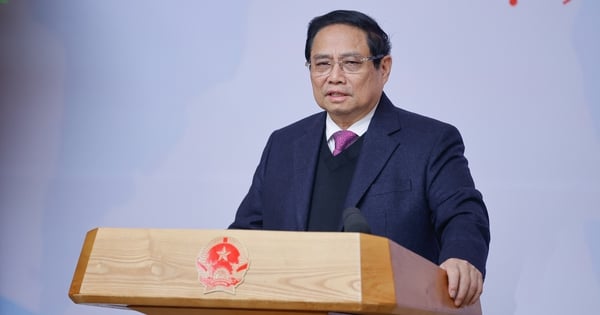

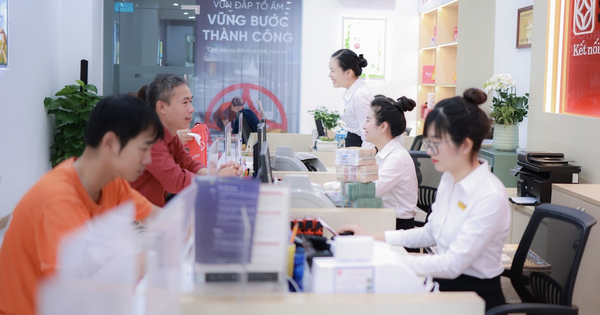

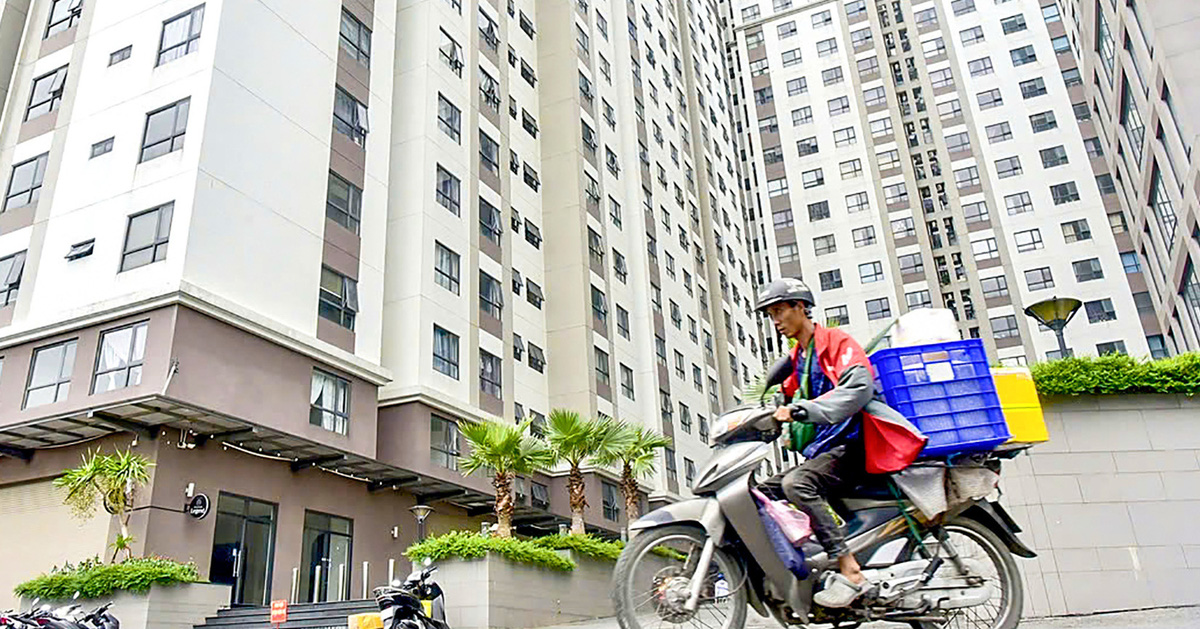
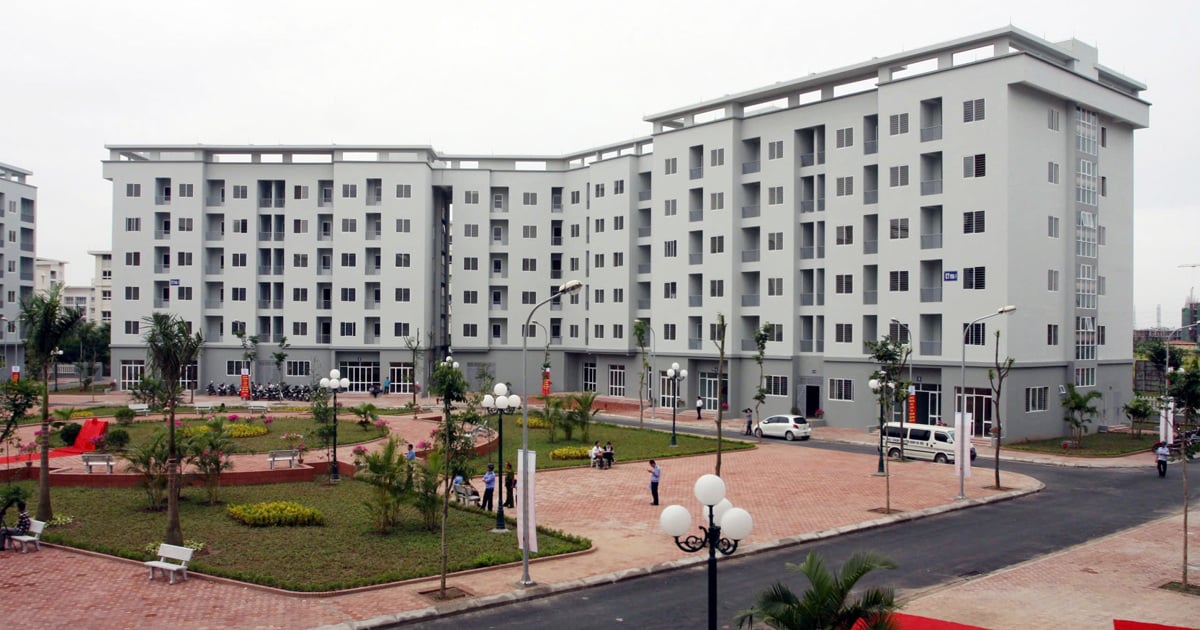

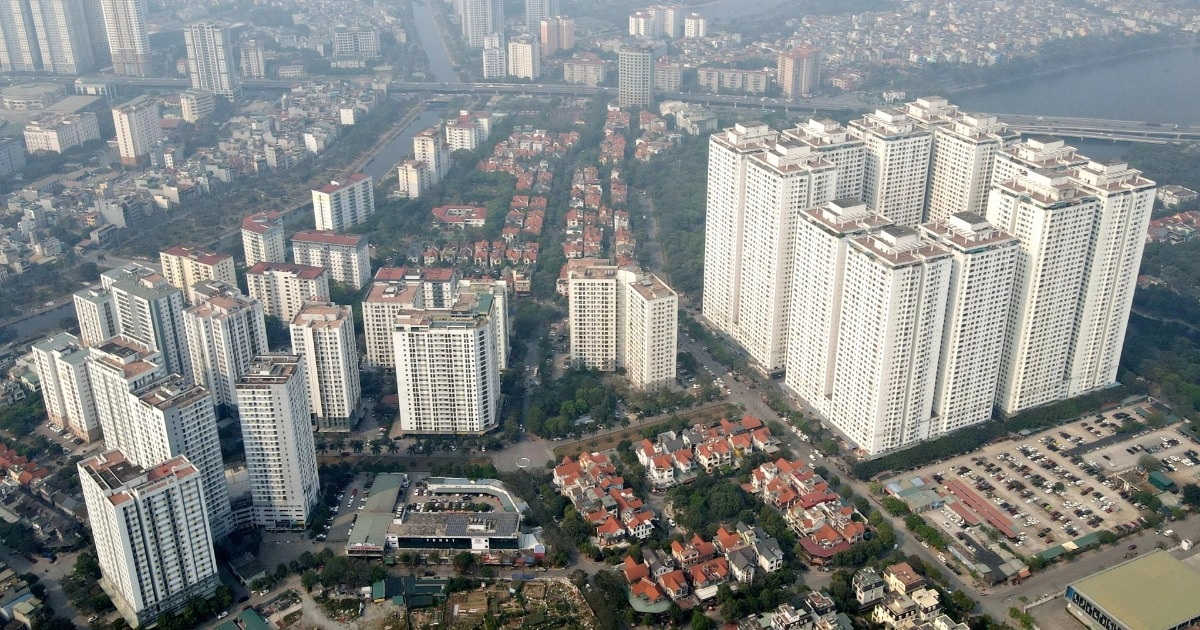


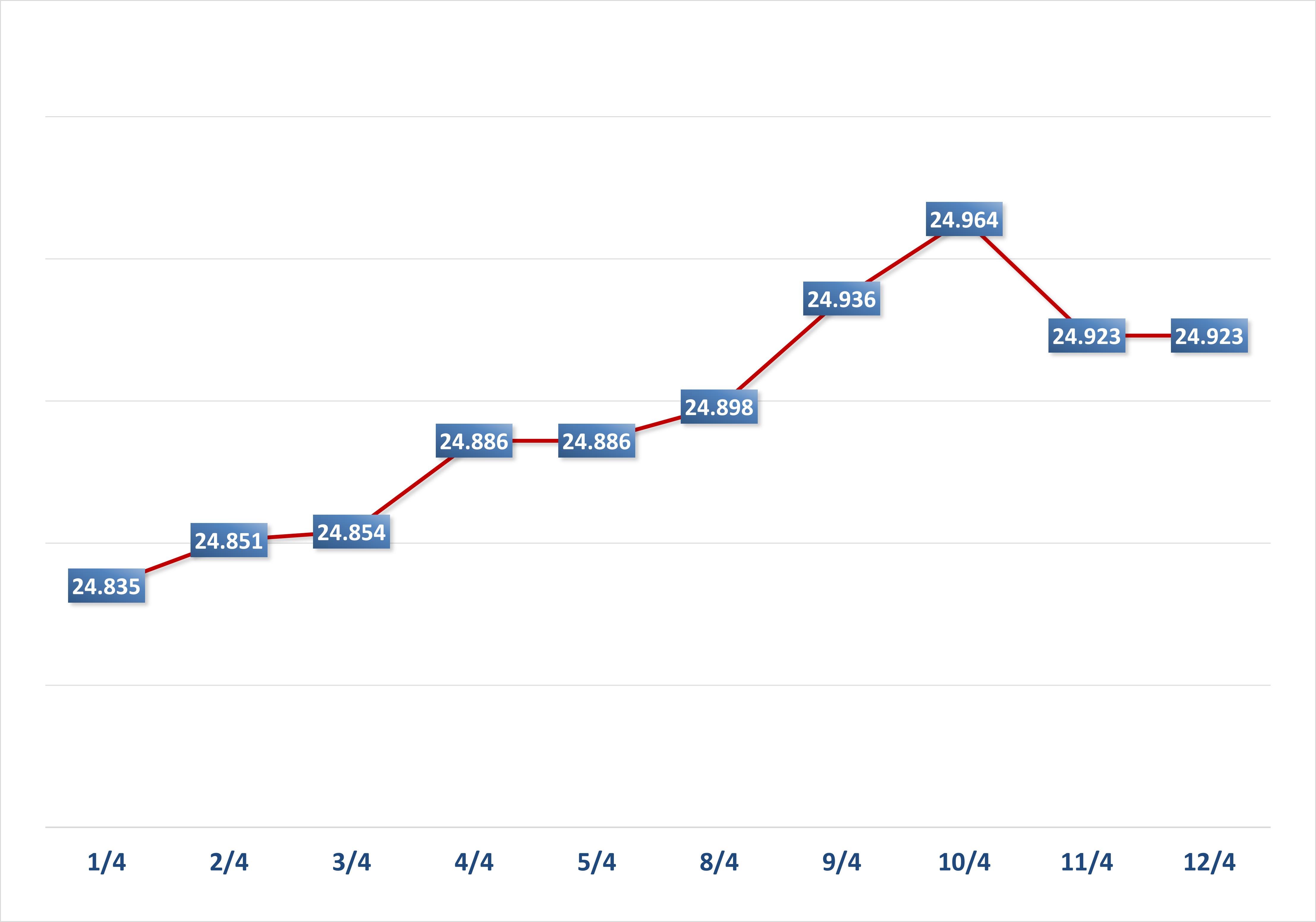
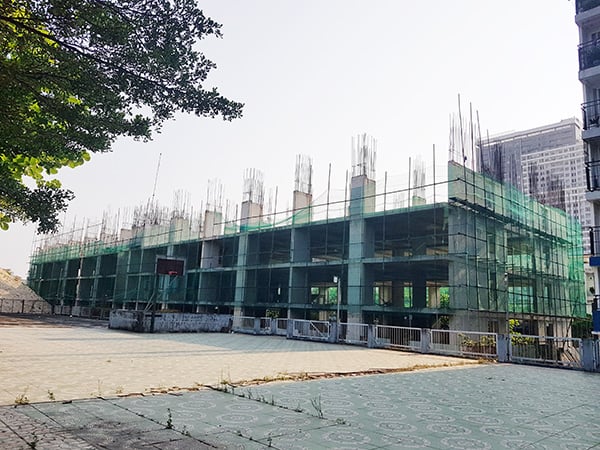


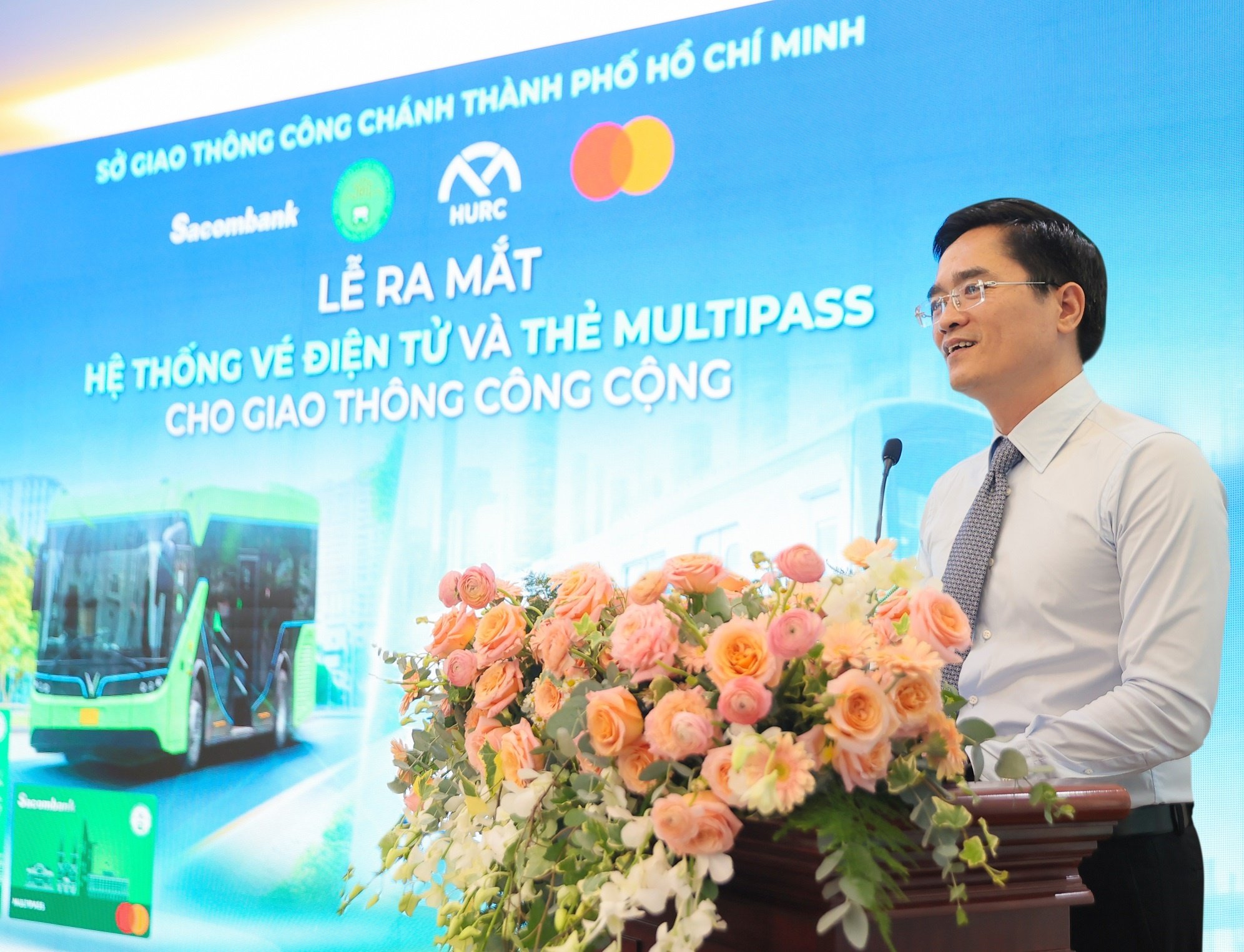



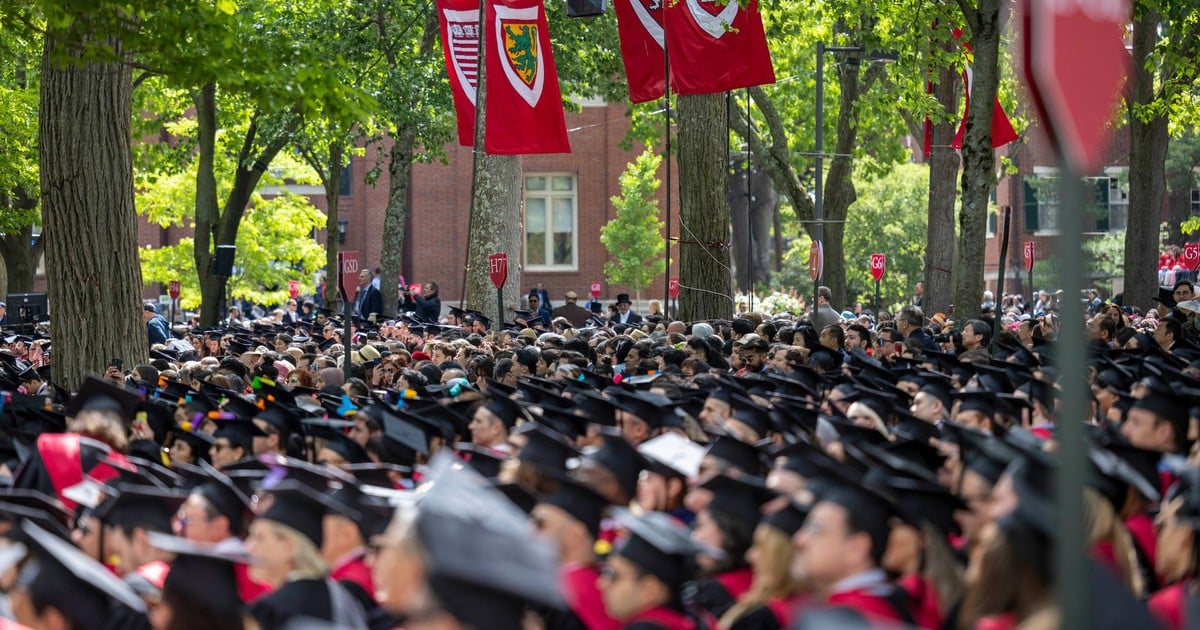




![[Photo] "Beauties" participate in the parade rehearsal at Bien Hoa airport](https://vstatic.vietnam.vn/vietnam/resource/IMAGE/2025/4/11/155502af3384431e918de0e2e585d13a)





























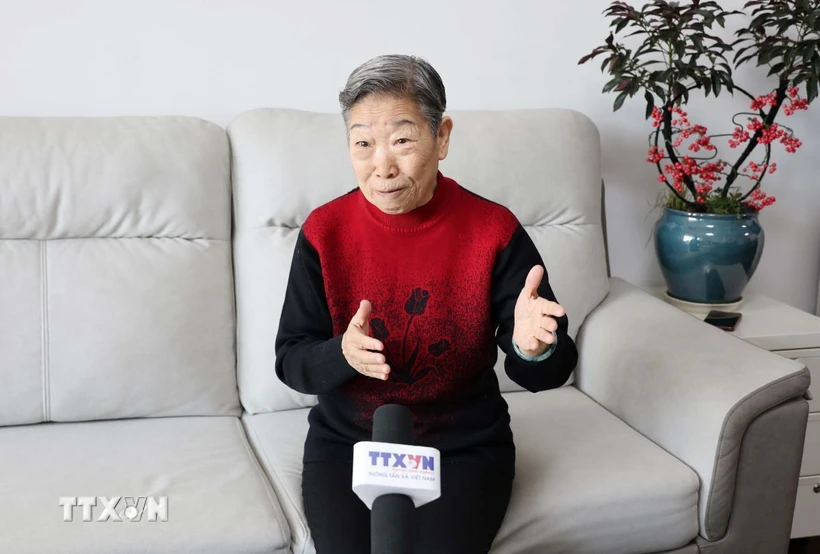













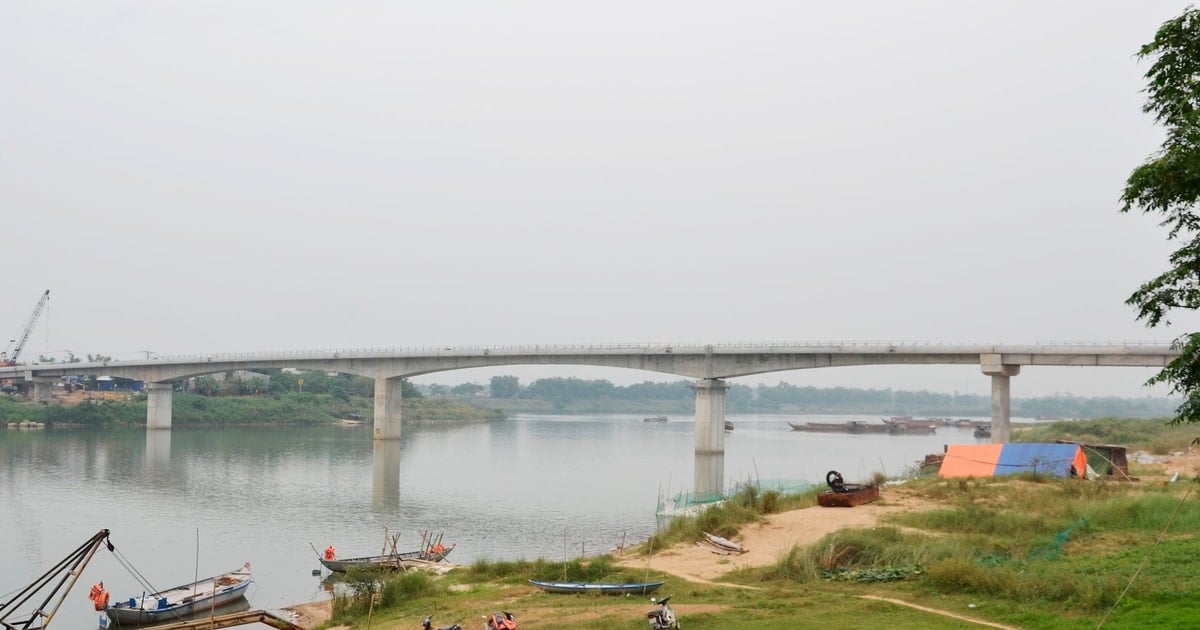
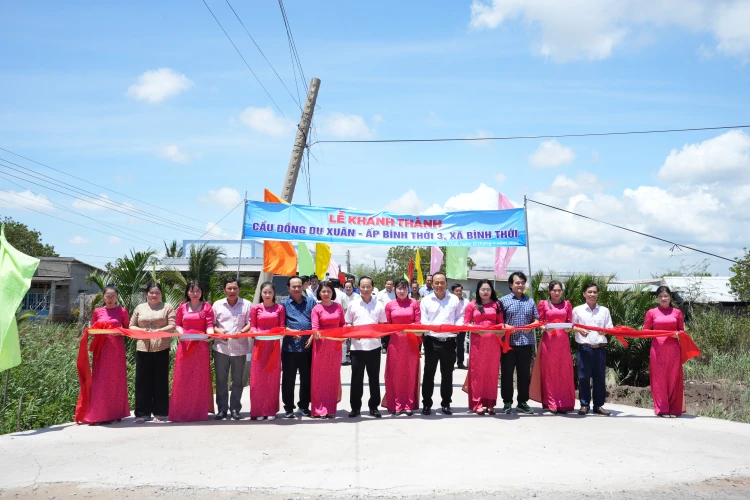

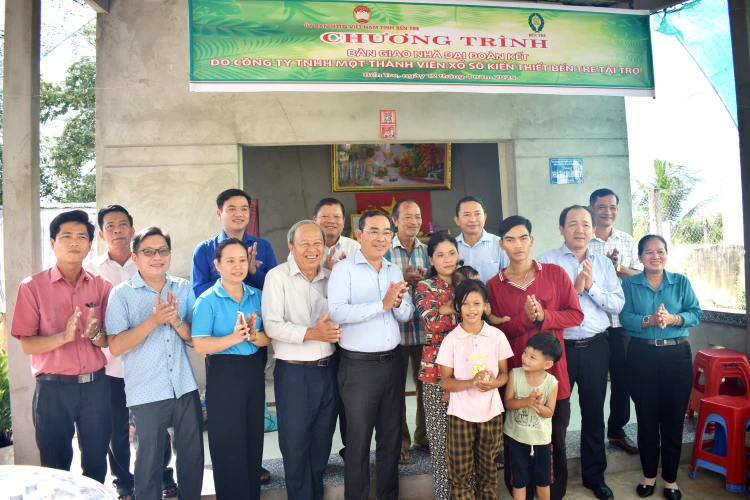
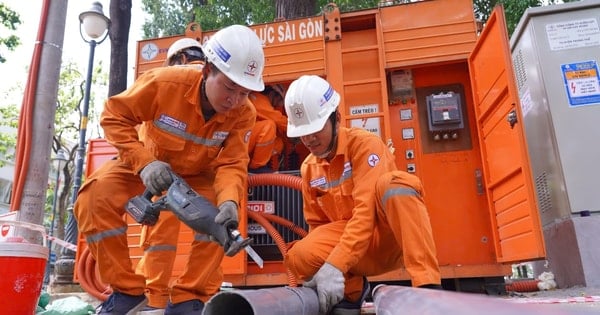













Comment (0)